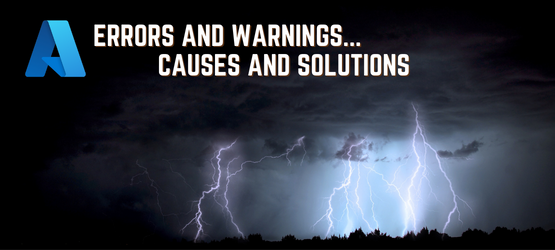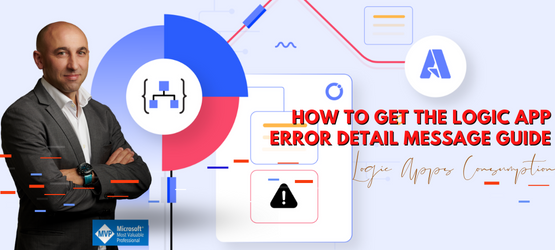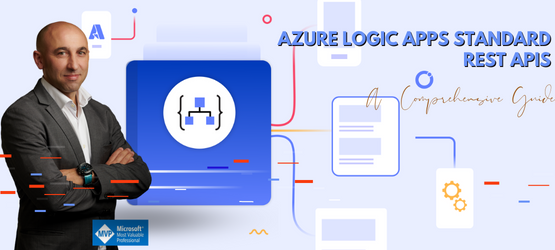Logic App Standard local run error: Failed to find “func host start” task.
I have been developing Logic App Standard for a long time and never had an issue running them locally, as far as I remember, until a few months ago I never
How to Create an Integration Account Project in Visual Studio 2019
An Integration Account allows you to build Logic Apps with enterprise B2B capabilities by adding various necessary artifacts It serves as a central
Join me at Azure Logic Apps Community Day 2023 | June 22, 2023 | A walk in the park with the new ...
With INTEGRATE 2023 London concluded, time to shift gears to the next big event on cloud integration: Azure Logic Apps Community Day 2023, sometimes called
Logic Apps Consumption: How to get the Logic App error detail message guide
I have often been writing about how to handle exceptions and get the correct and detailed error message describing in an easy and clean matter the failures in
Logic Apps and DocuSign integration (Part II) – Archiving the signed document
In my last blog post - Logic Apps and DocuSign integration - I explain how you can create and dynamically populate a contract using an HTTP input and then use
Logic Apps and DocuSign integration
I've been wanting to explore the integration capabilities with DocuSign for some time now, but for some reason, I kept putting it off Or because I didn't have
A Comprehensive Guide For Logic Apps Standard REST APIs
Azure REST APIs are service endpoints that support sets of HTTP operations (methods), which provide create, retrieve, update, or delete access to all Azure
Using Logic Apps to interact with ChatGPT
ChatGPT, the AI chatbot that everyone is talking about it and to it!! But what is ChatGPT, and what is the importance of AI in the actual world
How to get the Error Message with Logic App Try-Catch (Part III) – Using a generic Logic App
A few months ago, I wrote two blog posts about How to get the Error Message with Logic App Try-Catch, which you can find it here: How to get the Error
Logic App Consumption: Run after settings disabled and settings are missing
Today while developing an existing Logic App Consumption in Visual Studio 2019, yes, we still don't have support for Visual Studio 2022, I realized that for









